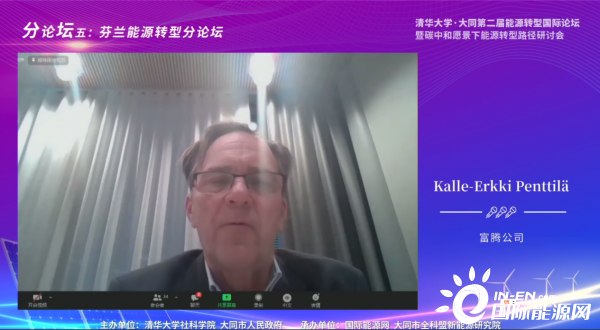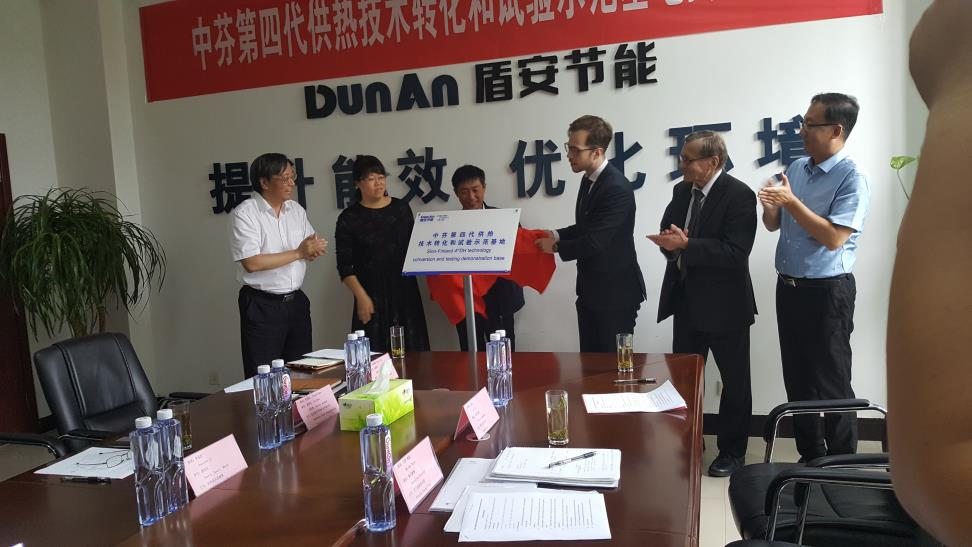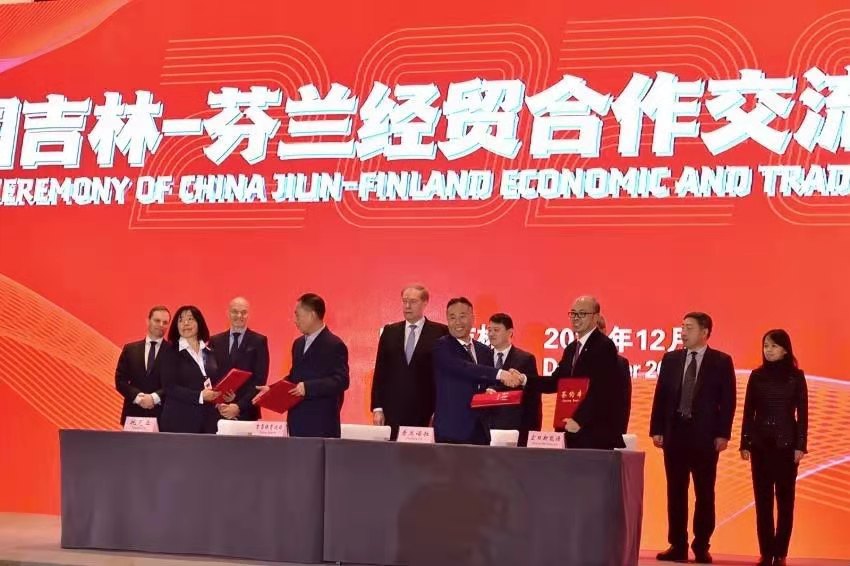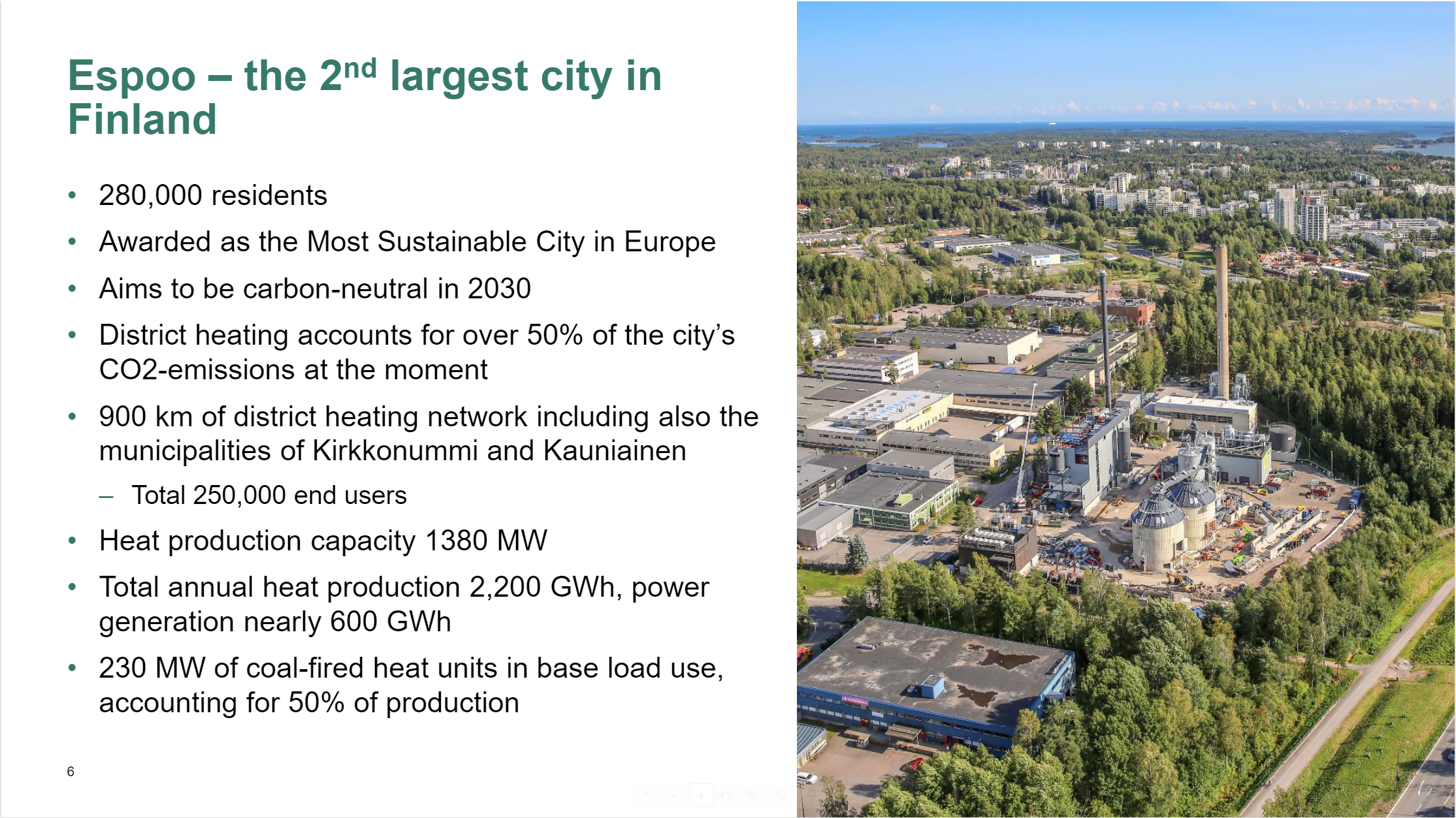City of Espoo’s development operations are focused on four programmes, one of which is the Sustainable Espoo. This programme work will support the development and implementation of economically, ecologically, socially and culturally sustainable solutions. The climate programme will be updated to match the climate goal of the Espoo story.
Target benefits of the Sustainable Espoo development programme for the years 2017 – 2021
- We will build and develop Espoo using smart solutions
- The transport of Espoo residents will become more streamlined and diversified
- Emission-free energy production and smart energy solutions
- Espoo residents will act responsibly
- The nature benefits and recreational opportunities of the local environment will increase
Espoo’s objective is to be permanently the most sustainable city in Europe. Espoo’s aim is to reach carbon neutrality by 2030.
The City of Espoo with its local partners and networks was awarded a prize in the Energy Globe World Award event in Yazdi, Iran on 29 January 2019. It is one of the most prestigious awards in the energy and environment sector. The Sustainable City award gives recognition to the long-term work done in Espoo for the sake of sustainable development, particularly with regard to energy collaboration.
In 2018, Espoo joined the United Nations leadership programme for sustainable development. Espoo is one of 25 cities serving as pioneers of sustainable development. The City of Espoo is committed to reaching the UN’s sustainable development goals already by 2025, along with the university cities of Cambridge in the UK, Palo Alto in the United States, Heidelberg in Germany and Noida in India.By signing the agreement, the City of Espoo undertakes to support the development of new smart city solutions and becoming carbon-neutral. Espoo will focus on learning, education and innovation, and its most important partner in the pioneering work will be Aalto University. The work emphasises partnerships and involvement, in order to engage the whole city: the city organisation, companies, communities and, most importantly, the residents.




